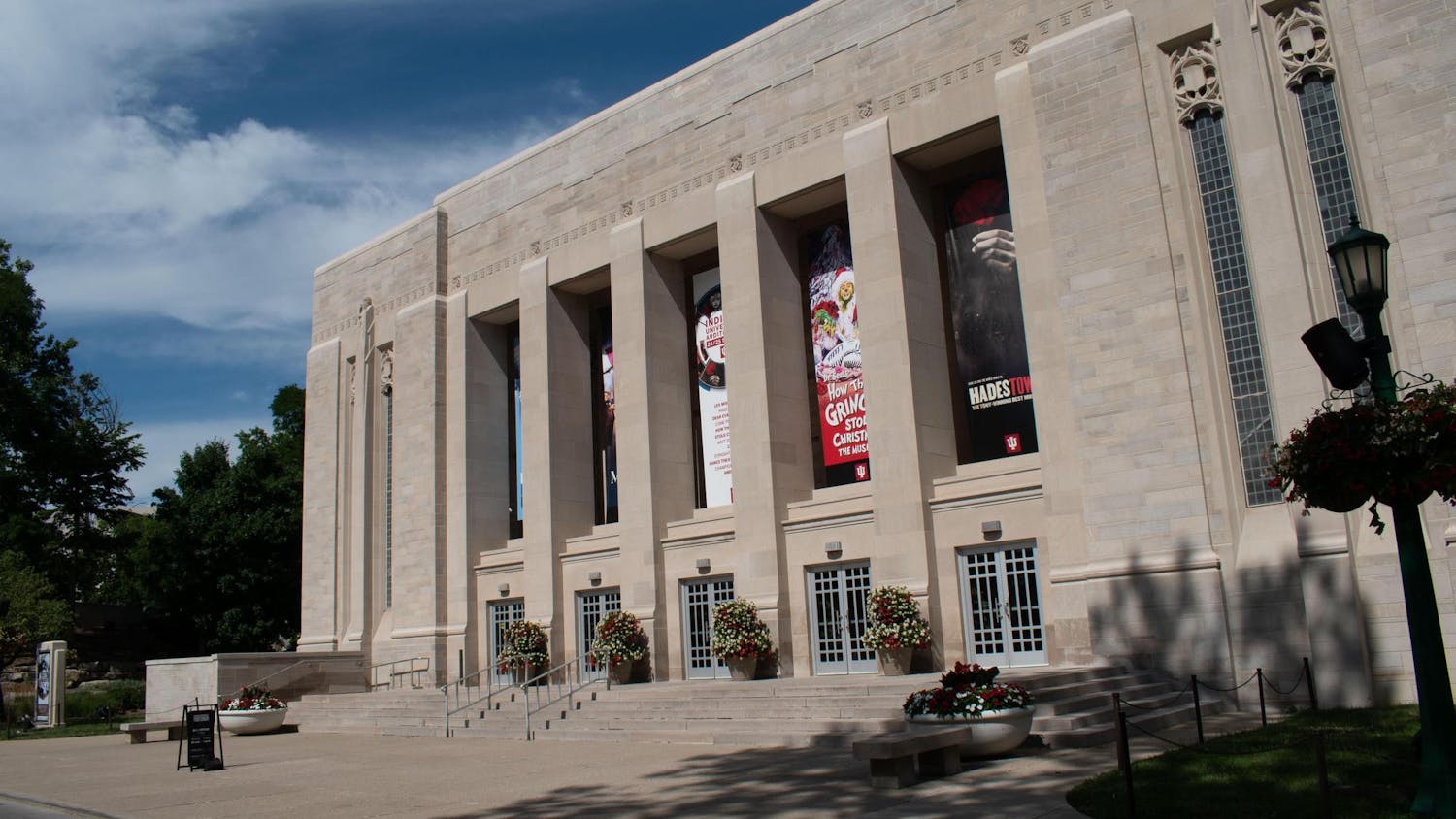From fairy stories to science-based novels, A.S. Byatt spoke at the Solarium on Monday about her writing process and wide spectrum of works.
Byatt is a prolific English novelist and short story writer, who has received much critical acclaim for her writing.
“I don’t think I wanted to do anything else but be a writer,” Byatt said.
She began her talk by discussing the difficulties she faced as part of the female minority at the University of Cambridge in the 1950s.
“However bright a woman you were, you had to enter the ‘bright prison’ of a life in the home and the kitchen,” she said.
Byatt knew that the “bright prison” was not for her and vowed that she would write fiction.
“I wrote all through my classes and lectures and never showed a word of it to anyone,” she said.
Byatt used her writing to widen her horizons, develop a sense of rhythm and explore her own curiosities.
“Most of my novels start when two things I have been thinking about come together,” she said.
Byatt spoke to the different styles necessary to writing effective fiction versus short stories.
“If you write a bad sentence in a short story you kill it, but in a novel you have to except that the reader will skip some,” she said.
After responding to some questions, Byatt read some excerpts from her new book “The Children’s Book” which depicts Victorian children’s book authors without developing one central character.
“It’s amazing to hear a living author discuss her work and be able to ask her questions,” comparative literature assistant professor Sarah Van der Laan said.
Byatt explained that she doesn’t know why books require a central character. She began her reading by saying, “This story is not autobiographical, but as it was pointed out, all writing is autobiographical.”
Byatt’s reading exuded with the emotion and intricate imagery that comprises her works.
Byatt also read some excerpts from her fairy story, “The Thing in the Forest.” The story was inspired by her childhood and takes place in Great Britain during WWII as children were being sent to the countryside.
“Writing fairy stories presents the possibility of speaking on the cosmic nature of things,” she said. “Things that you read are more real and unreal than your daily life.”
She discussed her dismay at the film version of her novel “Possession: A Romance.” She said it was an honorable attempt, but there were far too many arbitrary decisions, which ruined the film.
Byatt’s writing and style speak directly from her experience and growth as a writer. She said she refuses to put herself in her works, but she knows that she is within them.
“My novels don’t begin with characters, the characters grow up in the kind of garden I create for them,” she said.
Audience members asked Byatt a plethora of questions about the writing process and her inspiration.
“I think her thoughts about language were very interesting,” doctoral student Katie Peebles said. “It was interesting to hear her say how her words develop from within.”
Life influences writings
Get stories like this in your inbox
Subscribe





